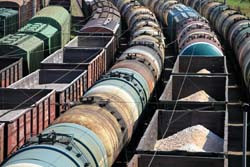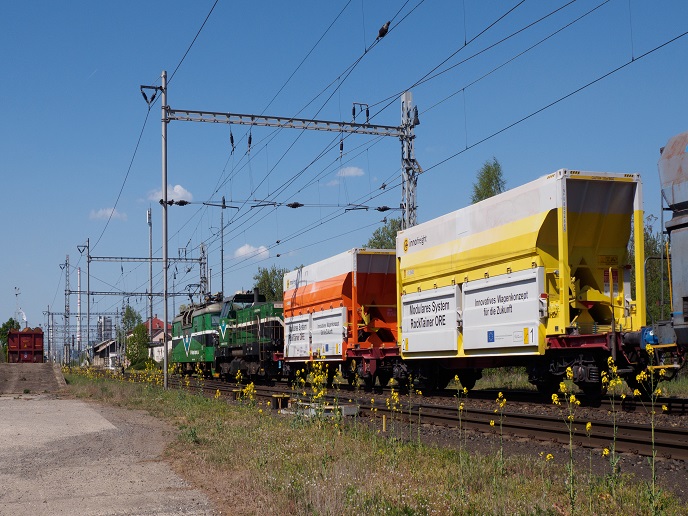Planning future transportation
The transportation sector is known to be vital to Europe's economy, and the sector's future will depend on contemporary decisions concerning innovation and research. Hence, research must be targeted to future challenges, though they are difficult to predict. Funded by the EU, the FUTRE (Future prospects on transport evolution and innovation challenges for the competitiveness of Europe) project aimed to provide such foresight. Specifically, the five-member consortium recognised the future challenges, demand drivers and upcoming innovations, which can have a considerable impact on the global demand patterns for passenger and freight transport and which may affect the competitiveness of related industries and service providers. Researchers planned to reconcile various future prediction studies with the issue of competitiveness and the required support from targeted research strategies. The two-year undertaking wound up in September 2014. Work took both demand- and supply-oriented perspectives. The former addressed behaviour, affected by market drivers and other factors, while the latter examined upcoming technologies and innovations. The two analyses were merged, yielding scenarios consisting of qualitative framings and model-based quantification. Together, the work illustrates how the scenarios may help to achieve various European policy targets. Researchers delivered options for EU research and transportation policies, including the design of future research and development strategies. The project's key findings were published electronically for a public audience. Other dissemination work included additional materials and a series of workshops. Data produced on private investment in transport research and development were used in the EU Transport Scoreboard.
Keywords
Transportation, mega-trends, competitiveness, global pathways, R&D strategies, foresight, policy measures




